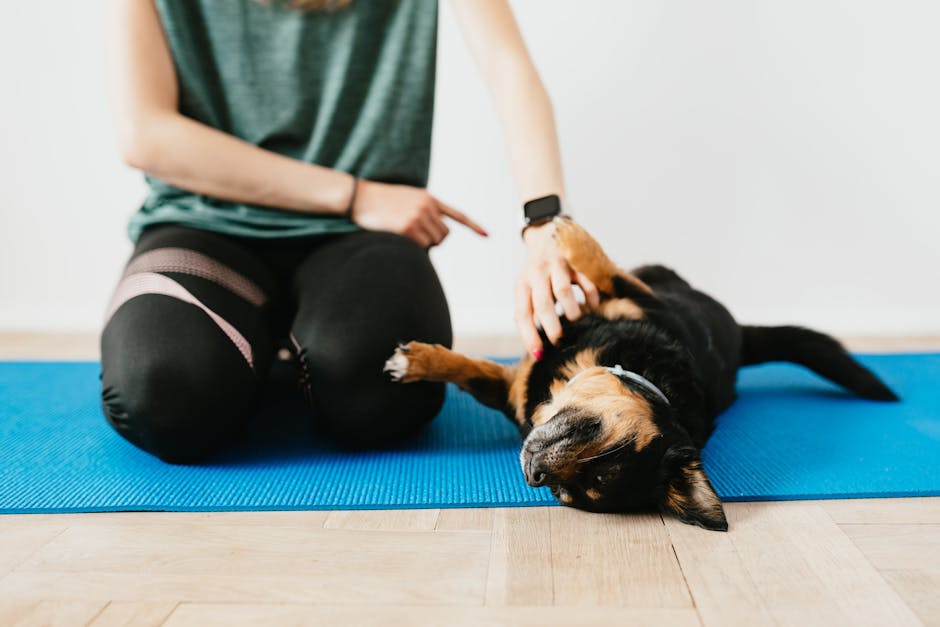Training a dog can be a rewarding experience, fostering a strong bond between you and your furry companion. However, it requires patience, consistency, and a structured approach. Here's a comprehensive guide to help you embark on this rewarding journey with your canine friend.
**Understanding Dog Behavior**
Before you begin training, it's crucial to understand how dogs learn and behave. Dogs are social animals that rely on their instincts, body language, and past experiences. Positive reinforcement, which rewards good behavior, is the most effective method for training dogs. Punishment, on the other hand, can damage your relationship with your dog and hinder training progress.
**Basic Obedience Commands**
Start your training with fundamental obedience commands such as sit, stay, come, heel, and down. These commands provide a foundation for more advanced training and ensure your dog's safety. Use short, clear commands and practice regularly in various environments to enhance your dog's understanding.
**Potty Training**
Potty training is an essential aspect of dog training. Establish a designated potty area and take your dog outside frequently, especially after meals and naps. Reward your dog with treats or praise when they eliminate in the appropriate location. If accidents occur, clean them up thoroughly and avoid punishing your dog.
**Leash Training**
Leash training ensures your dog's safety and control while on walks. Start by introducing the leash indoors and gradually transition to outdoor environments. Teach your dog to walk calmly on a loose leash, preventing them from pulling or dragging you.
**Socialization**
Socialization is crucial for a well-balanced dog. Introduce your dog to different people, animals, and situations in a positive and controlled manner. Positive socialization experiences help prevent fear and aggression later in life.
**Advanced Training**
Once your dog has mastered basic obedience, you can move on to advanced training such as agility, obedience competitions, or hunting. Advanced training strengthens your bond with your dog and provides mental and physical stimulation.
**Tips for Effective Training**
* Keep training sessions short and enjoyable.
* Use high-value treats or praise as rewards.
* Be patient and consistent with your commands.
* Avoid distractions during training sessions.
* Practice in a variety of locations to generalize your dog's understanding.
* Seek professional help from a certified dog trainer if you encounter difficulties.
Training your dog is an ongoing process that requires dedication and patience. By following these tips and guidance, you can build a strong and fulfilling relationship with your furry companion while shaping them into a well-behaved and happy dog. Remember, consistency, positive reinforcement, and a lot of love are key to successful dog training.
